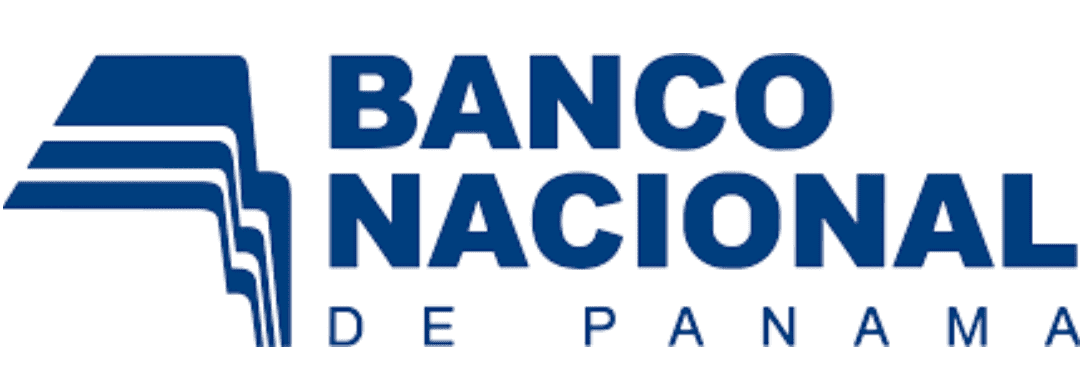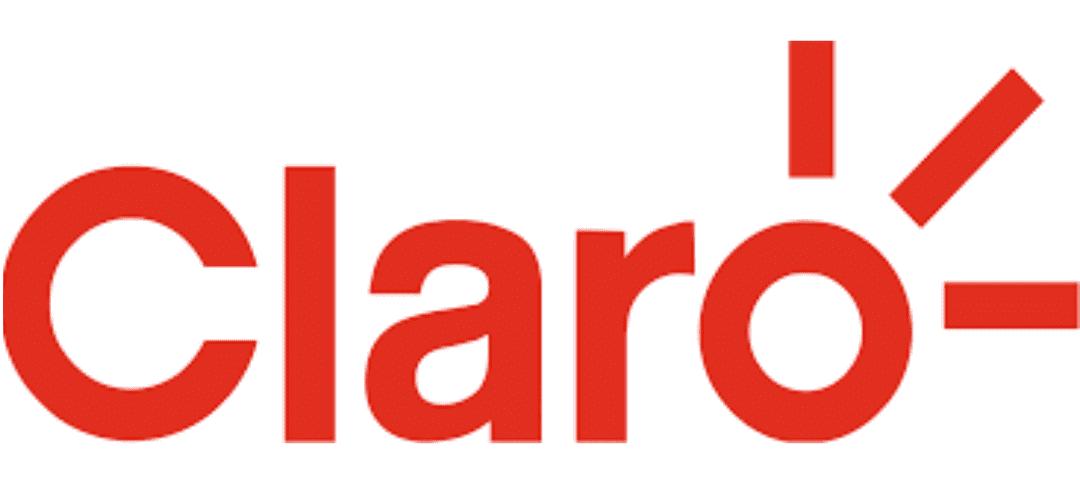Regulating Artificial Intelligence... and how far?

By Mario Augusto Beroes Ríos – IT Business Solutions.
Although the word “regulation” is not to everyone’s taste, it is necessary to be clear that it is necessary to have rules for everything we do, even if we talk about the trendy topic: Artificial Intelligence (AI).
It is no secret that Artificial Intelligence (AI) is part of our performance, both personally and professionally. It is a fundamental part of the digital transformation, and its impact reaches sectors such as education, medicine, security and the economy.
However, its advance raises questions about ethics, privacy and security, which has prompted debates on how to regulate it. And it is here that disagreements arise between those who propose regulations and those who oppose them.
Is it possible to concretize AI regulation?
For many, and I include myself, the issue of legislating taking into account the technology aspect is not simple. Although many countries and international organizations have begun to develop legal frameworks to regulate the development and use of AI, visions, economic and political interests, including the aspect of development and leadership in this area, have delayed a theoretical framework, even a basic one.
However, there are already advances such as that of the European Union (EU), which has a law on AI that seeks to ensure transparency and minimize risks.
Self-regulation
The other aspect is that of self-regulation by companies. Although some technology companies have proposed codes of ethics and protocols for the responsible use of AI, including restrictions on algorithmic bias and data protection, a single consensus has not been established, although indications are that sooner or later this will happen.

Government oversight
What remains, in my opinion, is the most cumbersome point: government oversight. Diverse interests, conflicting economic and political visions have not allowed the creation of specialized regulatory bodies to monitor the use of AI and sanction harmful practices. These bodies could establish mandatory certifications to ensure compliance with standards.
It is important to take into account international collaboration, since AI knows no borders, so multilateral agreements can promote uniform regulation and avoid technological imbalances between countries.
Challenges and considerations
Balance between innovation and control: Regulating AI without slowing down technological development is a key challenge. Too many restrictions could limit the potential of AI in fields such as health and education.
Defining responsibility: In cases of automated decisions affecting people, who is responsible: the developer, the user or the AI itself? It is crucial to establish clear parameters.
Avoid monopolies and inequalities: Regulation must ensure that access to AI is not limited to large corporations, but that it favors technological democratization.
The debate on AI regulation is ongoing. Striking a balance between security and development will be essential to maximize its benefits without compromising ethical principles and fundamental rights. Let us hope that common sense prevails.
To learn more about cybersecurity, please visit our website: https://itbscorp.com/











